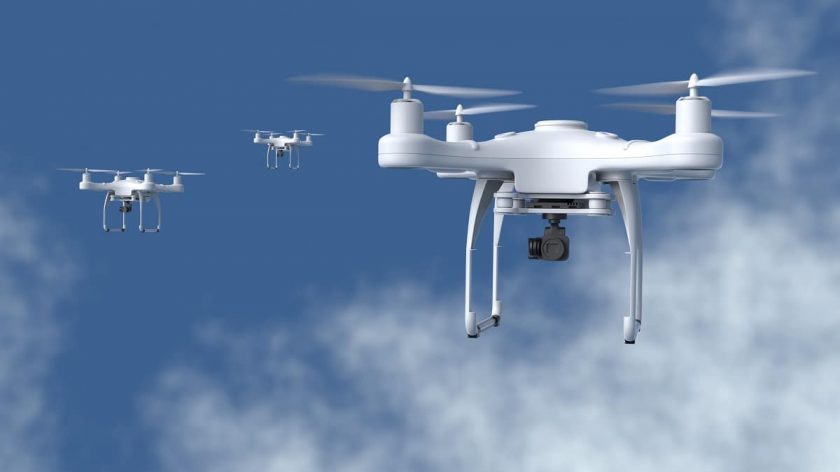The US Federal Aviation Administration (FAA) has awarded Embry-Riddle Aeronautical University, along with partners Kansas State University and Wichita State University, a USD1,877,000 grant for a three-year research project to provide data to support safe integration of Unmanned Aircraft Systems (UAS) into the National Airspace System (NAS). The project is administered through the FAA’s Alliance for System Safety of UAS through Research Excellence (ASSURE) programme involving many US universities.
The project is led by Dr. Ryan Wallace, associate professor of Aeronautical Science at Embry-Riddle: “This research project seeks to close the data gap by collecting empirical sUAS traffic data to aid the FAA in forecasting, planning, risk assessments and estimating compliance rates to existing and future regulations.”
The sUAS traffic data will be collected by detection sensors at locations throughout the National Airspace System, according to the project proposal, both to monitor the effectiveness of existing sUAS regulations and to identify and assess future aviation risks. Its analysis will be important in the development of policies and regulations for sUAS in such applications as package delivery, unmanned traffic management and future Unmanned Air Mobility plans.
In order to accommodate the safe operation of small UAS within the NAS, the FAA relies on accurate risk-assessment data, Wallace explained. Quoting from a 2018 National Academies of Science report, he added, “Assessing risk is far easier when the risk is well-quantified by relevant empirical data.” Currently available data for small UAS operations is “expensive to collect, scarce or non-existent, and in some cases not very reliable.”
Wallace and his colleagues bring a wide range of knowledge to the three-year project, including expertise in sUAS regulation, airspace, air traffic control and assessing sUAS detection and telemetry data. At least one doctoral student in the College of Aviation will also be involved in the project, Wallace said.
For more information visit:




